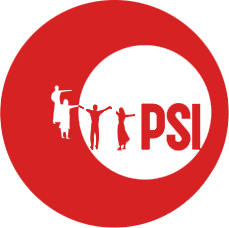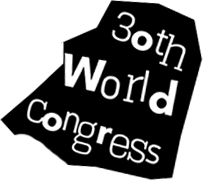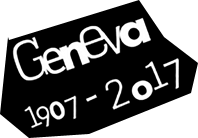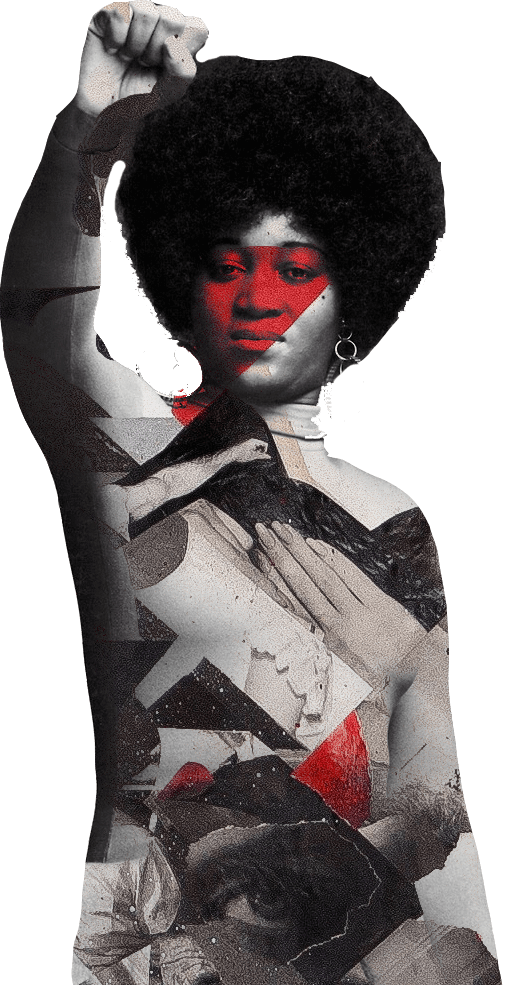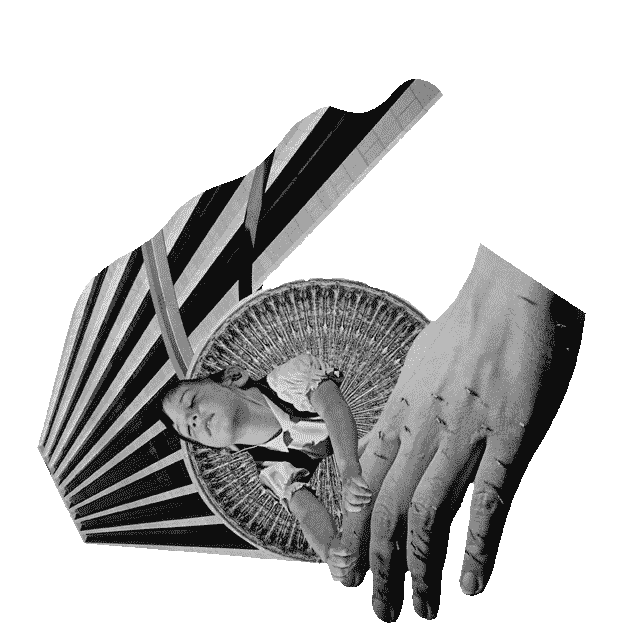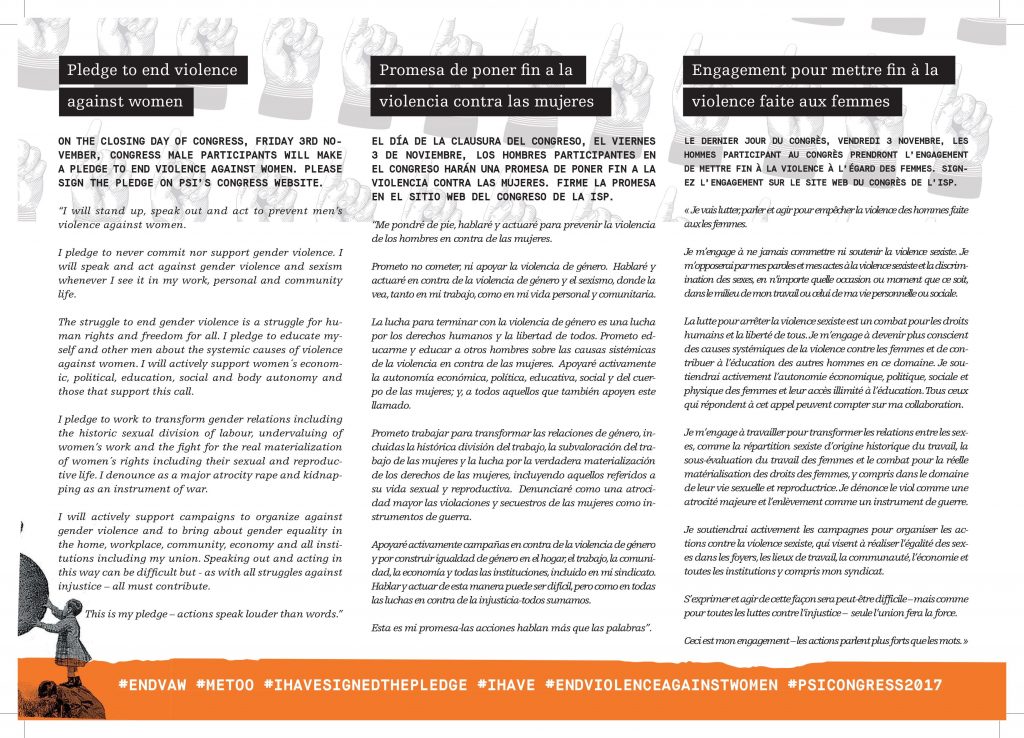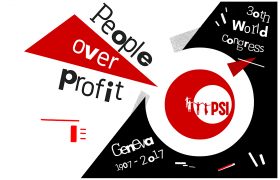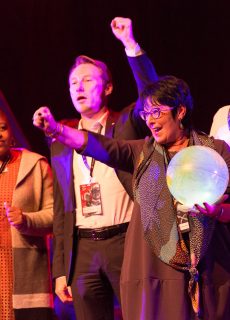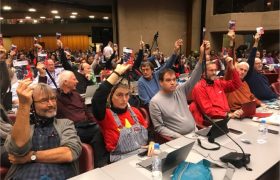
-
Congress photos
-
09:00
Panel 9: Bread and Roses: Hearts starve as well as bodies
- 09:00-10:00 Room 1+2+3+4
“What the woman who labors wants is the right to live, not simply exist — the right to life as the rich woman has the right to life, and the sun and music and art. You have nothing that the humblest worker has not a right to have also. The worker must have bread, but she must have roses, too.”
— Rose Schneiderman, 1912
These words are associated with the Lawrence Massachusetts textile strike that united many migrant communities and was largely led by women. They have come to symbolise the demands of workers all over the world for political inclusion and dignity in life, in addition to the more traditional demands for better wages and working conditions. The demand in its broadest sense includes political inclusion, education, freedom of expression, and access to a rich cultural life.
But in a world where market fundamentalism and commercialism increasingly intrude into all areas of life, both the nature of these activities and access to them is narrowed. Museums charge entrance fees, libraries and swimming pools are closed, art is commercialised, national parks are underfunded, the press is run for profit, sport is big business and education is privatised.
Guaranteeing equal access for all, and ensuring that art and culture do not simply reproduce the dominant economic and social paradigm, requires public support and finance. In an age of austerity, these are often the first casualties. What is more, education, culture, media and art are powerful forces for social change that are too often underutilised by the left in the face of these attacks.
Public sector workers, artists, educationalists, journalists and culture workers embody these values, are fundamental to their provision and are often at the forefront of defending them. Their contribution extends beyond a market transaction and they often make massive sacrifices in their work.
Facilitated by Marc Belanger
Journalist and News Producer at Radio Labour, each panellist will give their views on how we can create and preserve inclusive accessible education, culture and media for everybody.
Panellists
Dr. Emily Porter
Iraqi Heritage activist, UK
The main focus of Emily’s presentation is the mass destruction of heritage sites, museums and antiquities and the kidnapping and killing of cultural workers by ISIS and other extremist groups. She will outline a roadmap to protect these sites and artefacts as well as the workers, excavators, guards and visitors. See documents related to her intervention below.Dr. Lorretta Johnson
Secretary-Treasurer, American Federation of Teachers – AFT, USA
Dr Lorretta Johnson will discuss mobilising education support workers for inclusive education and building stronger unions.In young Jeong
General Secretary, Korean Public Service and Transport Workers’ Union Education Workers’ Solidarity Division – KPTU-EdSol, South Korea
In young Jeong will discuss the Korean education support workers’ struggle for equality and justice.Gülfem Karataş
Reporter, Journalist’s union of Turkey (TGS), Turkey
Gülfem Karataş discuss fighting for democracy and fighting for freedom of speech in Turkey, after recent mass arrests and attacks, forced closing of new media and growing unemployment of journalists. -
10:00
General Session (PoA and affiliates resolutions)
- 10:00-10:30 Room 1+2+3+4
-
10:30
Pledge to end violence against women
- 10:30-11:00 Room 1+2+3+4
On the closing day of Congress, Friday 3rd November, Congress male participants will make a pledge to end Violence against Women.
We want this session to be symbolic and that is why we are inviting all Congress participants to wear orange clothes on that day.
We also encourage you to bring posters, union identification, flags, hats and shirts which can be shown as a symbol of unions’ commitment to end any kind of Violence against Women when the pledge is made.
-
pdf
Pledge to end violence against women
-
11:00
General Session (Miscellaneous resolutions)
- 11:00-12:30 Room 1+2+3+4
-
12:30
Lunch break
- 12:30-14:00
-
14:00
Nominations and Elections
- 14:00 - 15:00 Room 1+2+3+4
-
15:00
The Next Five Years
- 15:00-15:30 Room 1+2+3+4
-
15:30
Closing ceremony
- 15:30-16:00 Room 1+2+3+4
-
16:00
Women's Committee (WOC)
- 16h00-16h30 Room 5+6
-
17:00
Executive Board (EB-152)
- 17:00-18:00
